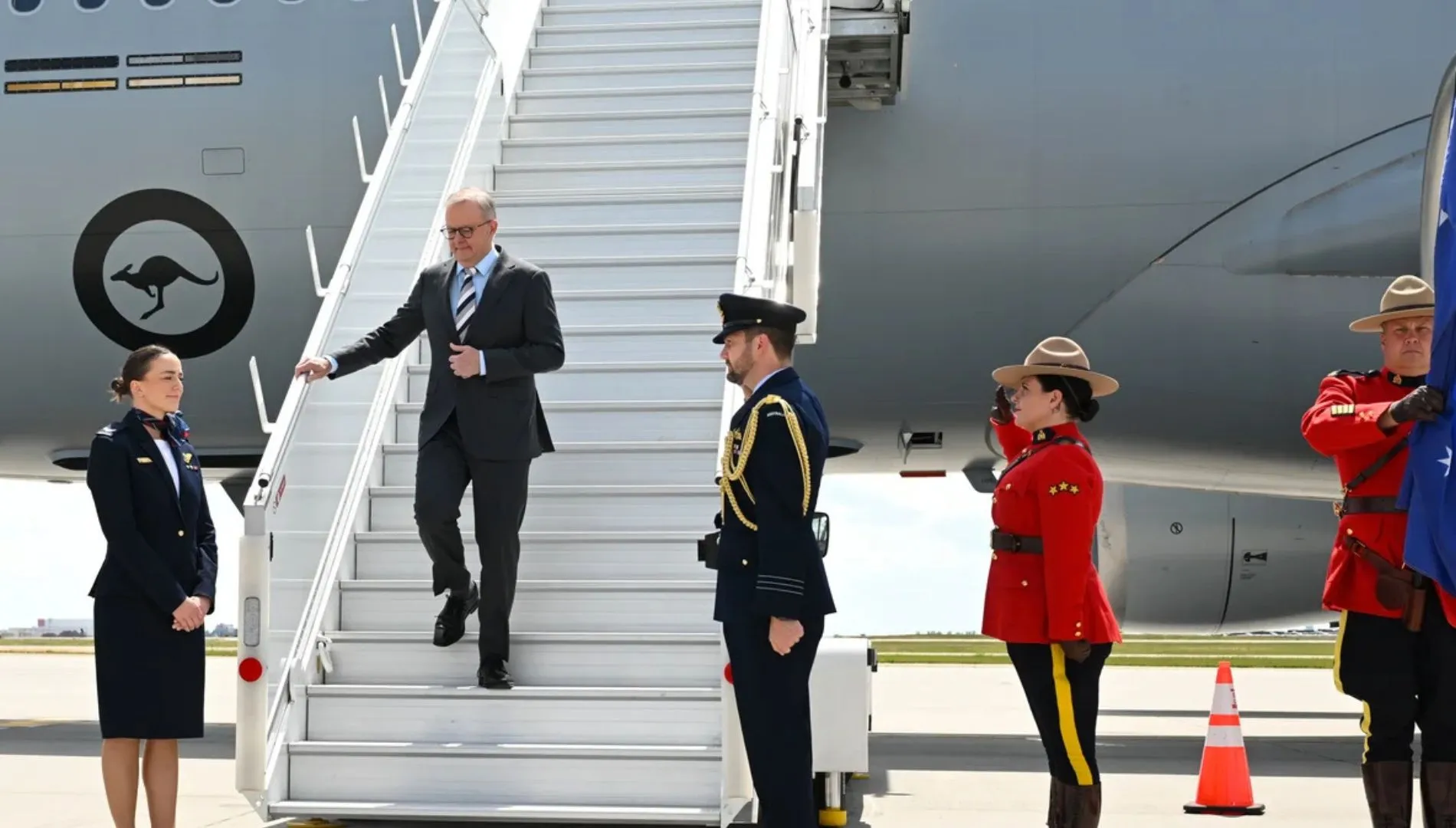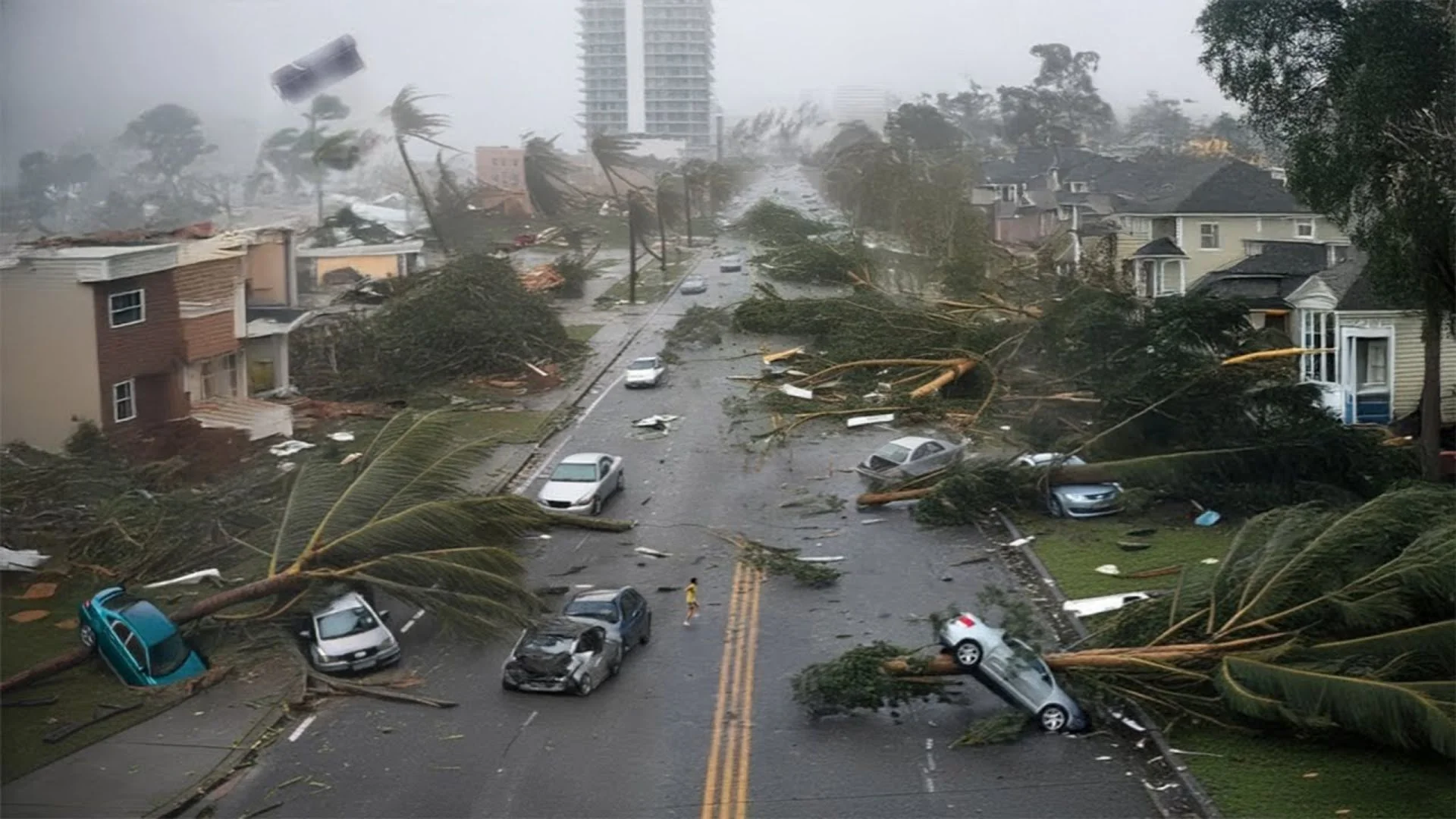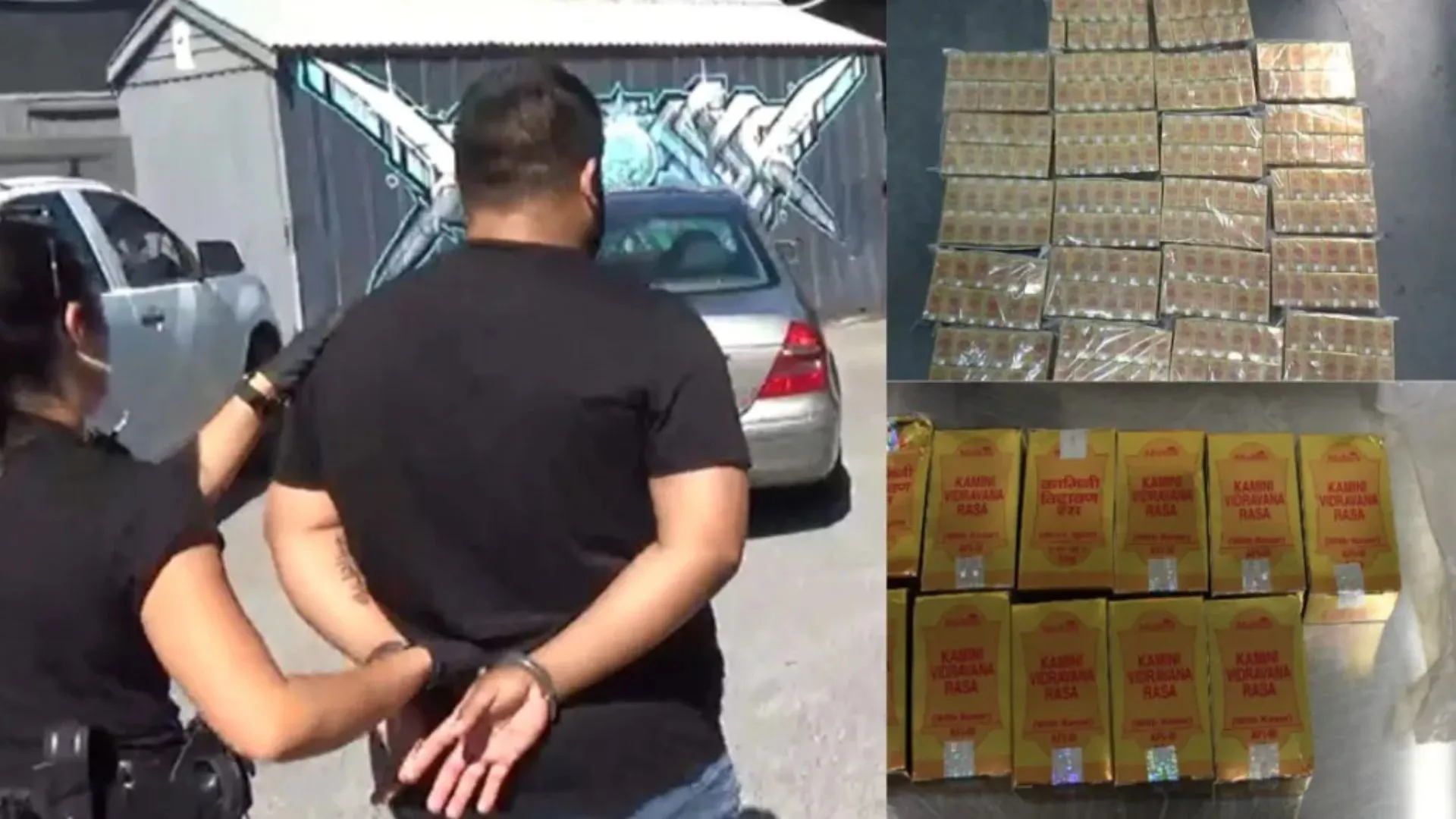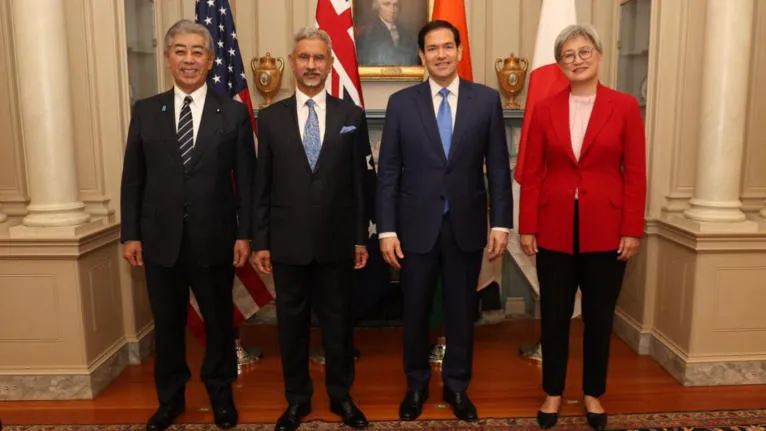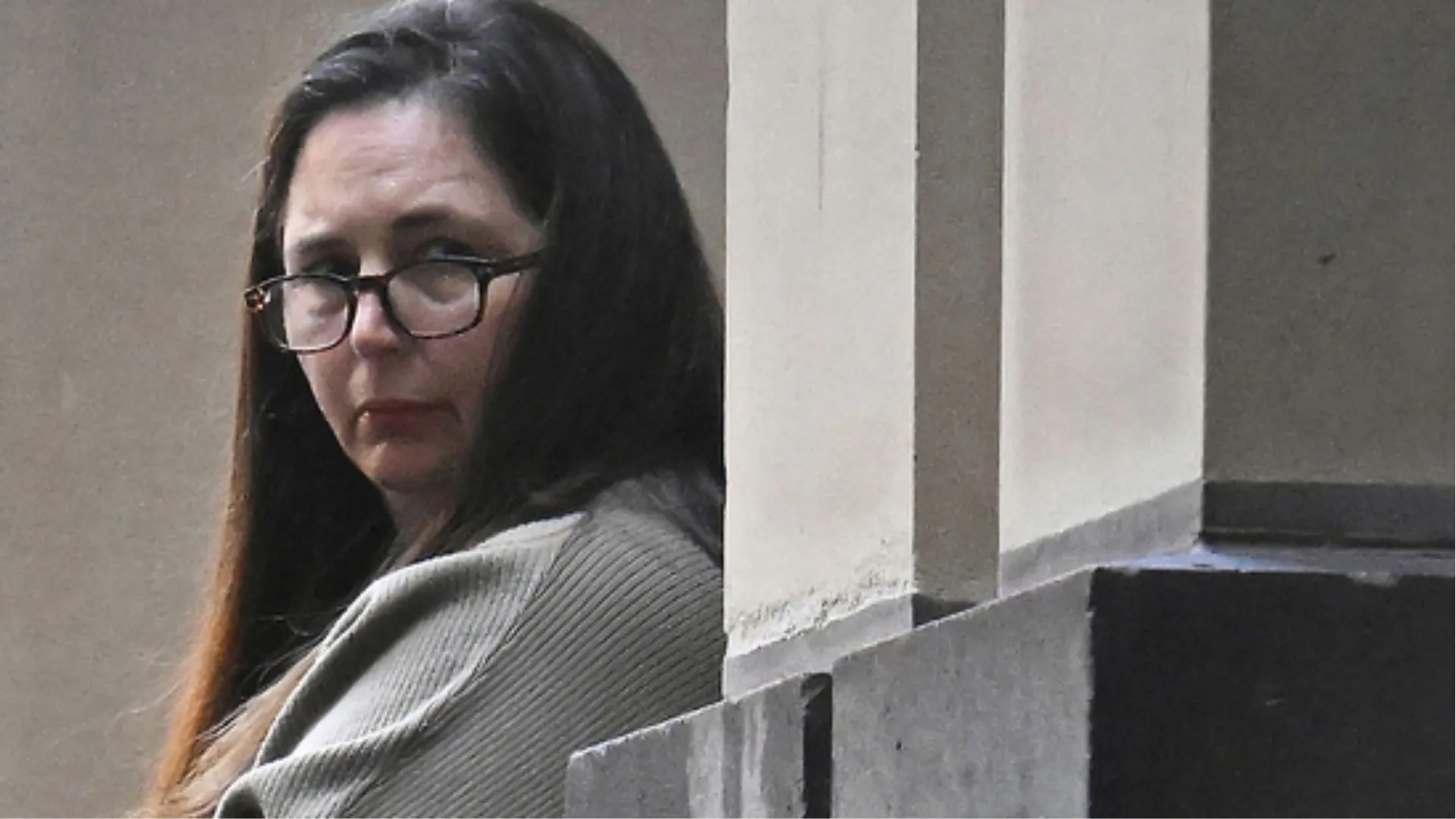EU defence pact talks are set to begin as Australia takes a significant step toward boosting its global security ties through formal negotiations with the European Union. Prime Minister Anthony Albanese, upon arriving in Calgary for the G7 summit, confirmed that his government will explore a strategic defence partnership with the EU.
This proposed agreement aims to deepen collaboration in areas such as cybersecurity, foreign interference, counter-terrorism, and defence technology, reflecting Australia’s growing urgency to respond to evolving international threats.
Australia Eyes EU Pact
Australia will enter formal talks to join the proposed EU defence pact, which may include joint military drills, cybersecurity coordination, counter-terrorism efforts, and cooperation across defence industries. Prime Minister Anthony Albanese will present Australia’s interest in advancing the deal during meetings with European Commission President Ursula von der Leyen and European Council President António Costa at the G7 summit in Alberta, Canada.
The proposal gained momentum after Pope Leo XIV’s inauguration mass in Rome introduced the idea, and Defence Minister Richard Marles reinforced Australia’s position in later talks with EU officials. EU ambassador Gabriele Visentin confirmed that negotiations have already started in Brussels. Although Australia initially showed little enthusiasm, it has since adjusted its stance in response to growing global security threats.
Von der Leyen emphasised that Australia and the EU share democratic values, calling the potential pact “predictable” and beneficial for both parties. The agreement would follow a model already used in EU defence deals with the UK, Japan, and South Korea.
Albanese Pushes Defence Deal
After landing in Calgary, Albanese expressed a readiness to cooperate, stating that Australia would explore the agreement constructively to bolster its defence posture. He also appointed Defence Minister Richard Marles and Foreign Affairs Minister Penny Wong to lead further negotiations alongside European counterparts.
The timing aligns with increasing global instability and rising pressure from the United States, particularly former President Donald Trump, for allies to boost defence spending. NATO Secretary-General Mark Rutte warned non-compliant nations to “learn to speak Russian,” signalling the urgency of solid defence frameworks.
Australia’s entry into the EU defence pact would represent a strategic shift, positioning the country alongside major global players and enhancing its readiness for emerging threats, especially in technology and foreign influence operations.

